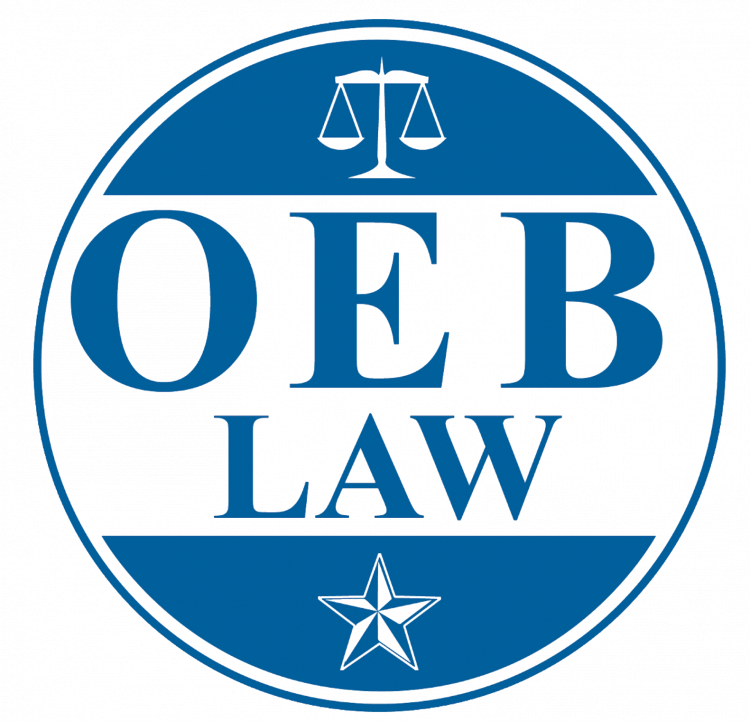You should not admit fault for a car accident even if believe you caused the car wreck. If you admit liability, you—and your auto insurance company—will be legally responsible for paying for damages resulting from the crash.
While the other driver may try to pressure you into admitting fault and you may feel guilty for not telling the police offer at the scene about your role in the accident, resist the urge to shoulder the blame for the crash. To ensure that you do not jeopardize your opportunity to recover compensation for damages from the accident, you may want to speak to a car accident lawyer.
What Should I Tell the Police About the Accident?
Do not admit fault to the officer who responds to the accident scene. The other driver may tell the officer the accident was your fault, but only tell the officer what happened from your perspective. If you admit fault, the officer will include your statement on the accident report which auto insurance companies refer to when investigating claims.
If you admit fault, you also place yourself at risk for having a personal injury lawsuit filed against you, especially if the other driver uses the statement you made to police about causing the accident.
Both of these are reasons you should not admit fault for the car accident.
What Happens If the Other Driver Continues to Blame Me for the Accident?
The other driver must provide proof that your negligence caused the accident that resulted in damages. Without the legally required proof, the driver will not win a case against you and recover compensation.
Who Determines Fault If Drivers Do Not Admit Fault?
Typically, insurance adjusters determine fault when a driver files a claim. For instance, when an insured driver files a claim against the at-fault driver’s auto insurance company, adjusters from both insurance companies will investigate the accident. After their review, the adjusters will determine which party is at fault for the accident.
In some instances, police investigators determine fault at an accident scene, particularly if the crash involves multiple victims with serious or fatal injuries. The investigators will examine the actions of all the parties to determine how the accident happened and who was at fault for causing the wreck. The investigators may discover other factors that you were not aware of at the time of the crash that shows you did not cause the crash.
What Type of Information Do Adjusters Review in Their Investigation?
Insurance adjusters review a variety information—including statements drivers made to the police and each other. This is why it is important not to admit fault. Adjusters also review statements from eyewitnesses, the police report, and if a police officer wrote a citation for the crash.
What Should I Tell an Adjuster About the Accident?
If you must speak to the adjuster, only state the facts as you did to the police officer who responded to your accident. Having a lawyer to speak on your behalf will help in this situation. Not only can a lawyer field questions from the claims adjuster, but can also investigate the accident and collect evidence to show that you were not at fault for causing the accident.
Can I Still File a Claim If I Was Injured or Sustained Property Damage?
If you file a claim against the other driver, keep in mind that the claims adjuster for the other driver’s auto insurer will try and find reasons to devalue your claim.
Using your admission of guilt is one way to reduce your settlement offer or deny your claim.
Talk to a car accident lawyer before filing a claim on your own. Your lawyer can file the claim on your behalf and negotiate a settlement with the insurance company.
What Happens If I Am Accused of Being Partially At-Fault for the Accident?
If an adjuster assigns fault to you, you may receive a reduced settlement amount if the insurer applies the comparative negligence doctrine to your case. This legal doctrine reduces your compensation amount based on your percentage of fault. For example, if your damages totaled $20,000 but an adjuster found you to be 10 percent at fault for the accident, your settlement is $18,000.
If an adjuster’s decision prevents you from recovering compensation from an accident that you believe was not your fault, the Law Offices of Ogle, Elrod & Baril PLLC can help you fight for your damages.
Contact Us for a Free Legal Consultation
If you are not sure whether to admit fault in a car accident that you may not have caused, contact the Law Offices of Ogle, Elrod & Baril PLLC today at 865-546-1111 for a free legal consultation.

